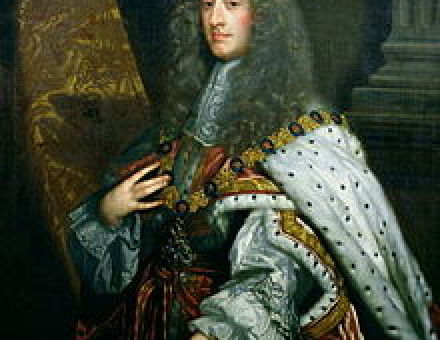Sir William Petty: Polymath, 1623-1687
An accomplished Latin poet, no less distinguished in “council and prudent matters of state,” an expert cartographer and an enterprising ship-builder, William Petty was a many-sided man, typical of the scientific spirit of the later seventeenth century. By K. Theodore Hoppen.



